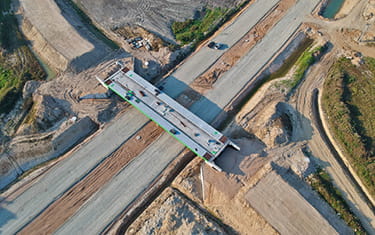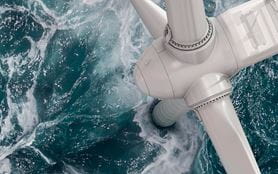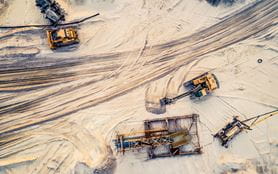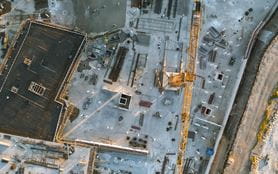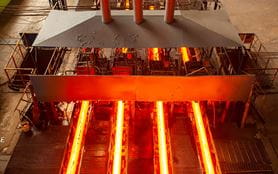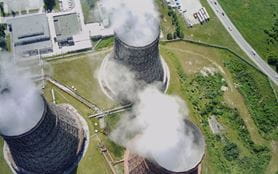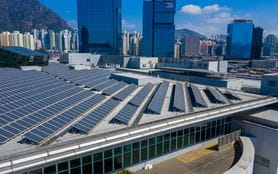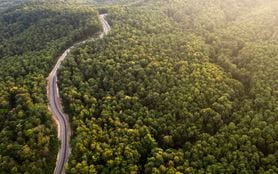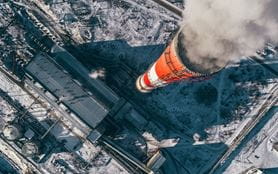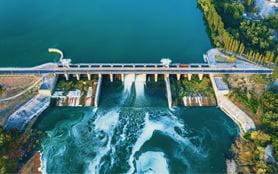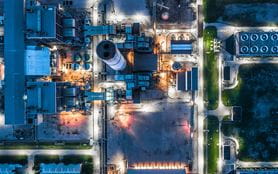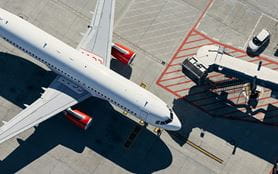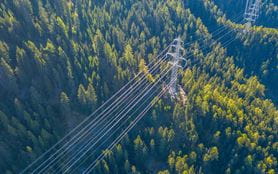Multilaterals hold key to Net Zero transition in developing world
Related people
Headlines in this article
Development banks have crafted a range of innovative measures to support the decarbonisation of the global South – including taking over the running of coal-fired power plants.
Multilateral development banks (MDBs) have become a catalyst for decarbonisation projects in emerging economies. By creating investment platforms with generous risk-sharing mechanisms they are driving private investment towards Net Zero schemes that might otherwise not progress.
For institutional investors there are compelling reasons to partner with MDBs, including the prospect of higher rates of return, access to a broader pipeline of deals and support to invest in projects that fulfil their own Net Zero goals.
The reputational upside of joining forces with an internationally respected organisation to deliver benefits in the global South is a powerful incentive in its own right.
Risk-sharing mechanisms incentivise private investment
MDBs also offer much-needed technical expertise, conducting feasibility studies, helping host states run operating tenders and working with policymakers to shape the regulatory frameworks needed to support the development of technologies such as carbon capture, utilisation and storage (CCUS).
Boosting decarbonisation in emerging markets is not a straightforward task, however. For example, some countries need to build a fully scaled and reliable grid before they can focus on power generation. Others that have made recent investments in high-carbon infrastructure, such as coal-fired power stations, will see little incentive in making a rapid switch away.
One of the most promising approaches is a first-loss reduction scheme through which the International Finance Corporation underwrites the first 10% of any investment losses on projects.
MDBs have developed innovative approaches to overcome these hurdles. One of the most promising is the first-loss reduction scheme introduced by the World Bank-affiliated International Finance Corporation (IFC), through which the IFC underwrites the first 10% of any investment losses on projects in developing countries.
Reducing the risk in this way makes the projects more bankable, and has encouraged major financial institutions to invest.
In November 2021, a global insurer partnered with the IFC to launch the MCPP One Planet programme, a cross-sector portfolio of emerging-market loans aligned with the Paris Agreement and backed with IFC first-loss protection. The IFC has since set up similar schemes with other financial institutions.
MDBs take over running of coal-fired power plants
A programme initiated by the Asian Development Bank (ADB) aims to accelerate decarbonisation in Southeast Asia while recognising the realities of the energy transition in the region.
It is supporting an Energy Transition Mechanism (ETM) that will allow public and private investors to finance ETM funds while the ADB takes over the running of coal-fired plants (many of which are in their first decade of operation) with a view to phasing them out within 15 years rather than the usual 40- to 50-year lifespan.
By doing so, it is helping developing countries accelerate their energy transitions without putting short-term power supplies at risk.
Proceeds generated from the retired assets will go towards cleaner investments such as renewable energy plants, clean-energy grids and storage facilities. The ADB is currently running pilot schemes of the project in Indonesia, the Philippines and Vietnam.
Looking ahead, the co-financing models and innovative investment platforms developed by the MDBs provide a mechanism to decarbonise developing economies. The question now is whether they can be scaled at sufficient speed to help deliver Net Zero.

